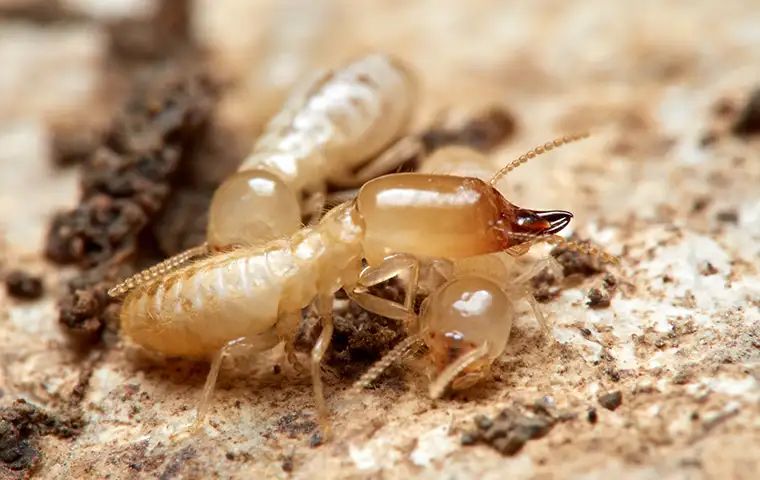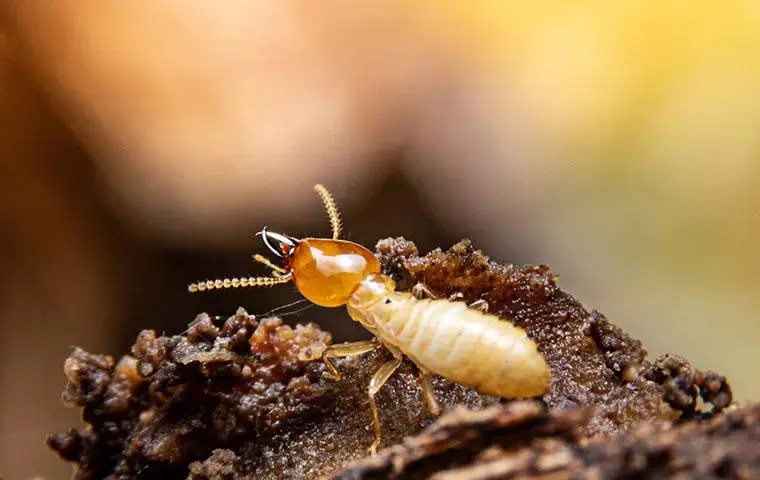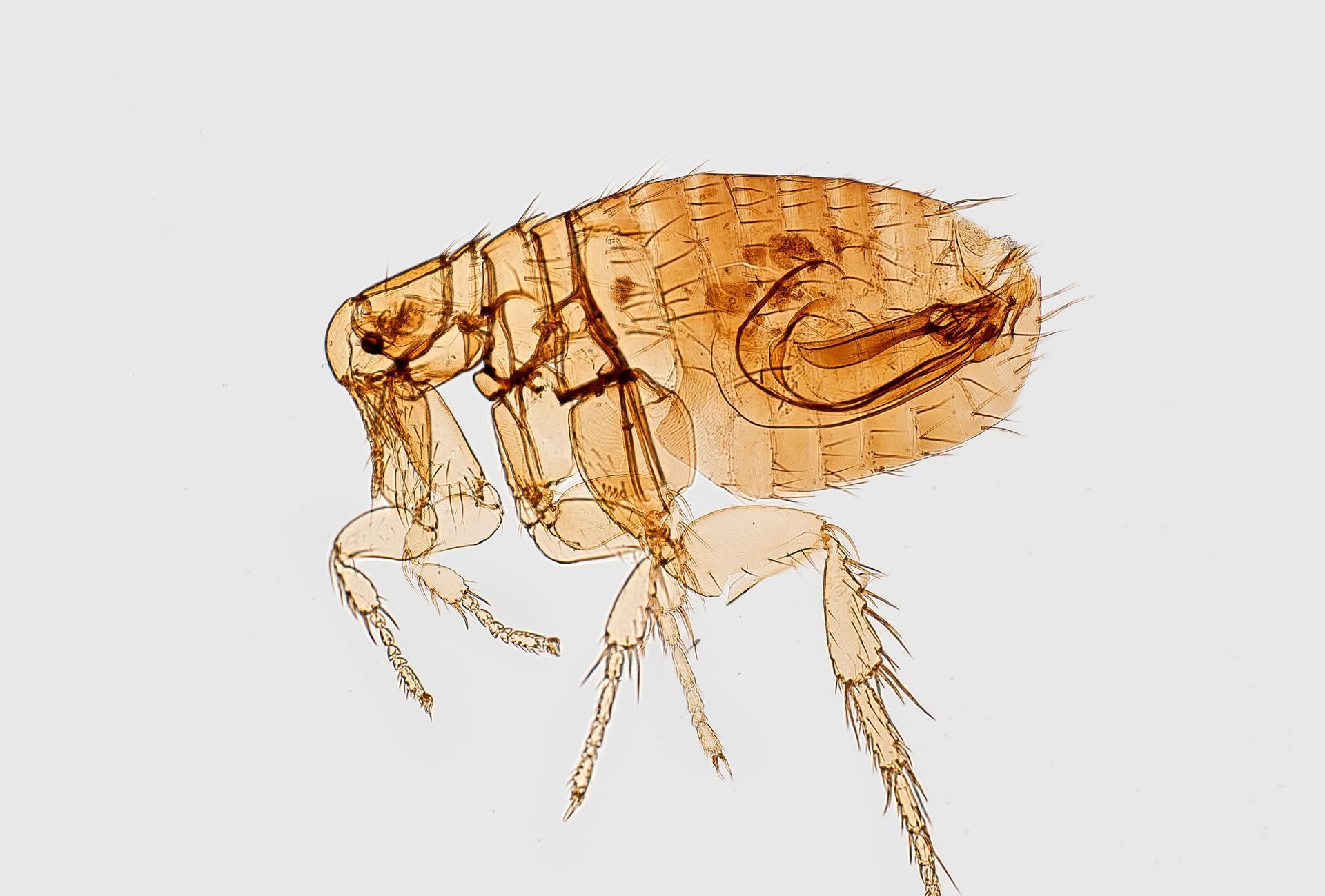Bug That Eats Mosquitoes
The Unsung Hero: Meet the Mosquito-Eating Bug
Introduction:
In the intricate tapestry of the natural world, there exists an unsung hero, a tiny warrior quietly contributing to the balance of ecosystems: the mosquito-eating bug. While mosquitoes often steal the spotlight as pesky bloodsuckers and disease vectors, these lesser-known insects play a crucial role in keeping mosquito populations in check. In this blog post, we'll delve into the fascinating world of this bug that serves as a natural predator, helping to maintain a delicate ecological harmony.
The Predator: Mosquito-Eating Bug
1. Identification and Diversity:
- Mosquito-eating bugs belong to various insect families, including assassin bugs, damselflies, dragonflies, and certain types of beetles.
- With diverse appearances and characteristics, these bugs share a common appetite for mosquitoes and their larvae.
2. Lifecycle and Habitat:
- The lifecycle of mosquito-eating bugs typically involves aquatic stages, making them well-adapted to environments with standing water, such as ponds, marshes, and wetlands.
- Their presence in water-rich habitats aligns with the breeding grounds of mosquitoes, creating a natural balance in these ecosystems.
The Mosquito Buffet
1. Larval Feeding:
- Mosquito-eating bugs often target mosquito larvae in their aquatic habitats. They are equipped with specialized mouthparts for efficiently capturing and consuming mosquito larvae.
2. Adult Mosquito Consumption:
- In their adult stage, these bugs continue their mosquito-munching mission. With swift and precise movements, they capture adult mosquitoes in mid-air or from resting places.
The Ecological Importance
1. Natural Pest Control:
- Mosquito-eating bugs serve as nature's pest control, contributing to the reduction of mosquito populations without the need for human intervention or chemical insecticides.
2. Ecosystem Harmony:
- By preying on mosquitoes, these bugs help maintain a delicate balance within ecosystems. Excessive mosquito populations can have adverse effects on other organisms, and the presence of mosquito-eating bugs helps prevent such imbalances.
Encouraging Their Presence
1. Promoting Biodiversity:
- Creating and preserving diverse habitats, including bodies of water, encourages the presence of mosquito-eating bugs and contributes to overall biodiversity.
2. Avoiding Pesticide Overuse:
- Limiting the use of broad-spectrum pesticides allows mosquito-eating bugs to thrive without facing the harmful effects of chemical substances.
Conclusion
In the grand dance of nature, every participant plays a unique role, and the mosquito-eating bug is a silent guardian that deserves appreciation. As we navigate the challenges presented by mosquitoes, let's not forget the invaluable contribution of these tiny heroes working tirelessly to keep mosquito populations in check. Preserving and respecting the intricate web of life in our ecosystems ensures that the mosquito-eating bug can continue its vital mission, contributing to a healthier and more balanced natural world.
PESTCOPRO.COM











Share On: